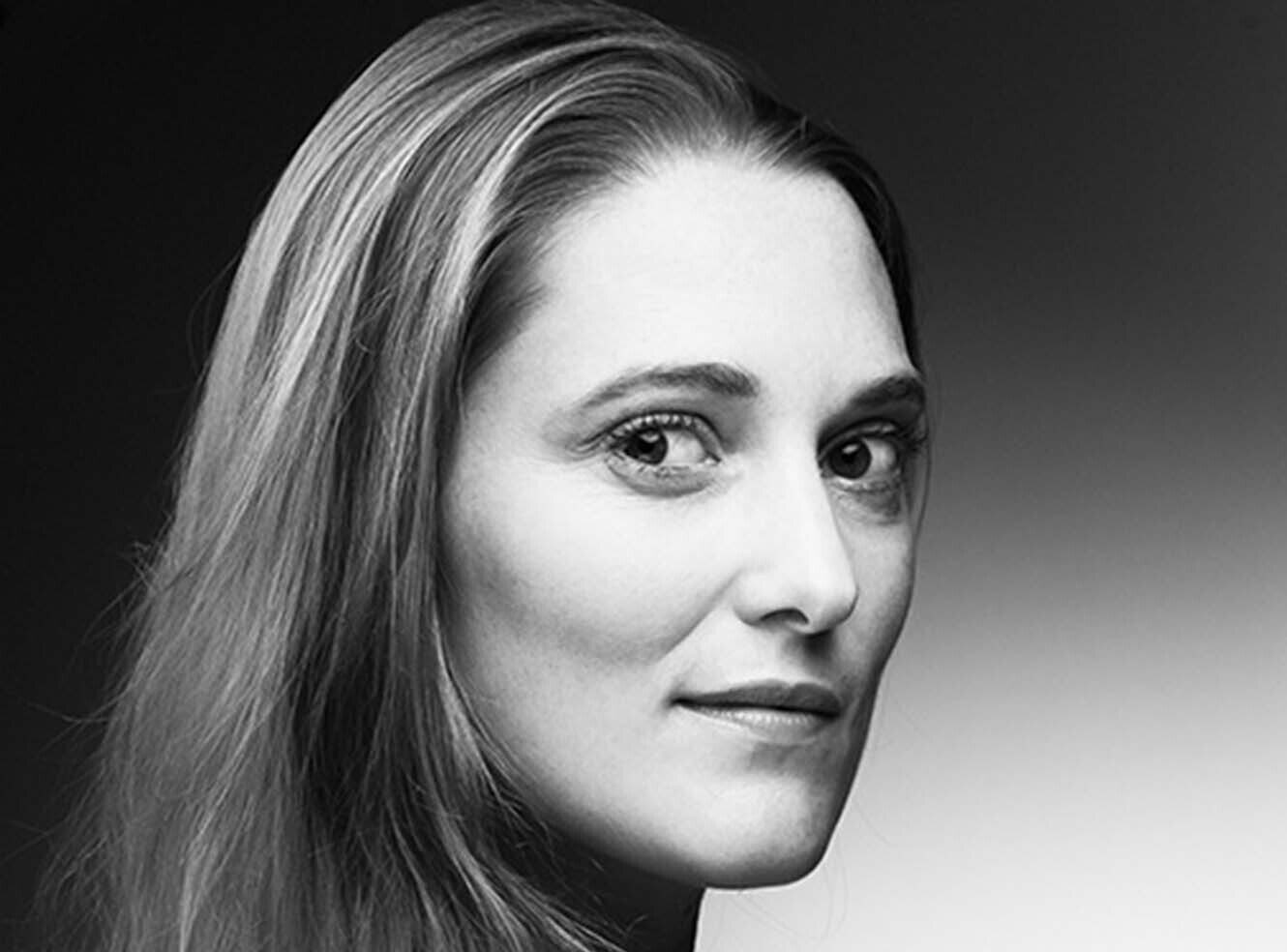American Consumer Culture: Market Research and American Business
Adam Matthew are delighted to announce the launch of their latest resource, American Consumer Culture: Market Research and American Business, 1935-1965. This truly unique collection showcases the market research reports and supporting documents of Ernest Dichter, the era’s foremost consumer analyst and market research pioneer, which are held at the Hagley Museum and Library in Delaware.
Ernest Dichter (1907-1991) was an Austrian emigré who in 1946 established his own consulting firm for market research in New York. Unlike his contemporaries, Dichter’s techniques were largely qualitative, focusing on in-depth interviews and projective tests rather than simple surveys. These methods enabled The Institute for Motivational Research, Inc. to discover consumers’ innermost secrets and taboos, and the deeper meaning behind a particular product or service. This resource provides an exciting insight into the needs of American consumers during a booming era for consumerism, and conveys how global businesses marketed their products to meet these expectations.
Some of the highlights of the collection include: a report discussing the introduction of the ‘Barbee’ doll from 1958; a pilot study explaining the reasons behind the failed Ford Edsel model from 1957; and a range of reports for the Betty Crocker brand.For this Dichter and his research team noted how adding an egg to a cake mix would prevent housewives from feeling guilty for using convenience goods. As well as documenting these mainstream consumer industries the resource also features reports on a wide variety of other fields, such as DIY and gardening, media and publishing, and political campaigns. A number of studies from the collection’s Healthcare and Pharmaceutical industry, for example, plot the introduction of the oral contraceptive to Western markets in the 1960s. Reports within American Consumer Culture cover a huge range of products from televisions to toilet paper, making it a truly interdisciplinary resource for students of history, psychology, sociology, advertising, marketing, and business studies.
The resource also contains a carefully selected gallery of printed advertising for some of America’s best known brands. Hand-picked from the collections of Duke University and the Advertising Archives, around 1,000 advertisements for names such as Coca-Cola, Ford and Cadbury’s have been chosen to complement the research within the Dichter reports. These visual resources track the development of colour advertising, consumer trends, and gender dynamics as well as highlighting some of the most iconic marketing campaigns of the twentieth century. Esso’s ‘Tiger in Your Tank’ campaign, the Marlboro man, and Clairol’s‘Does She or Doesn’t She’ string of advertisements all feature within the collection.
The launch of American Consumer Culture: Market Research and American Business will make these incredible reports widely available, and will provide a unique insight into the work of one of the most influential marketers of the twentieth century. The global and thematic scope of the reports will prove invaluable for students and scholars working within a wide range of subject areas.
Contact us for pricing information and to request a free trial.
Recent posts

Look back to the 2010s with the next decade of material gathered by Mass Observation, based at The Keep at the University of Sussex. This unique material continues to provide access to rare, first-hand accounts supporting subject-led research, information literacy instruction, and interdisciplinary teaching.

Martha Fogg, AM's Managing Director, shares insights into strategic priorities amidst evolving research and teaching landscapes. Her interview with Against the Grain addresses equitable access to primary sources, classroom applications, and our global partnerships.
